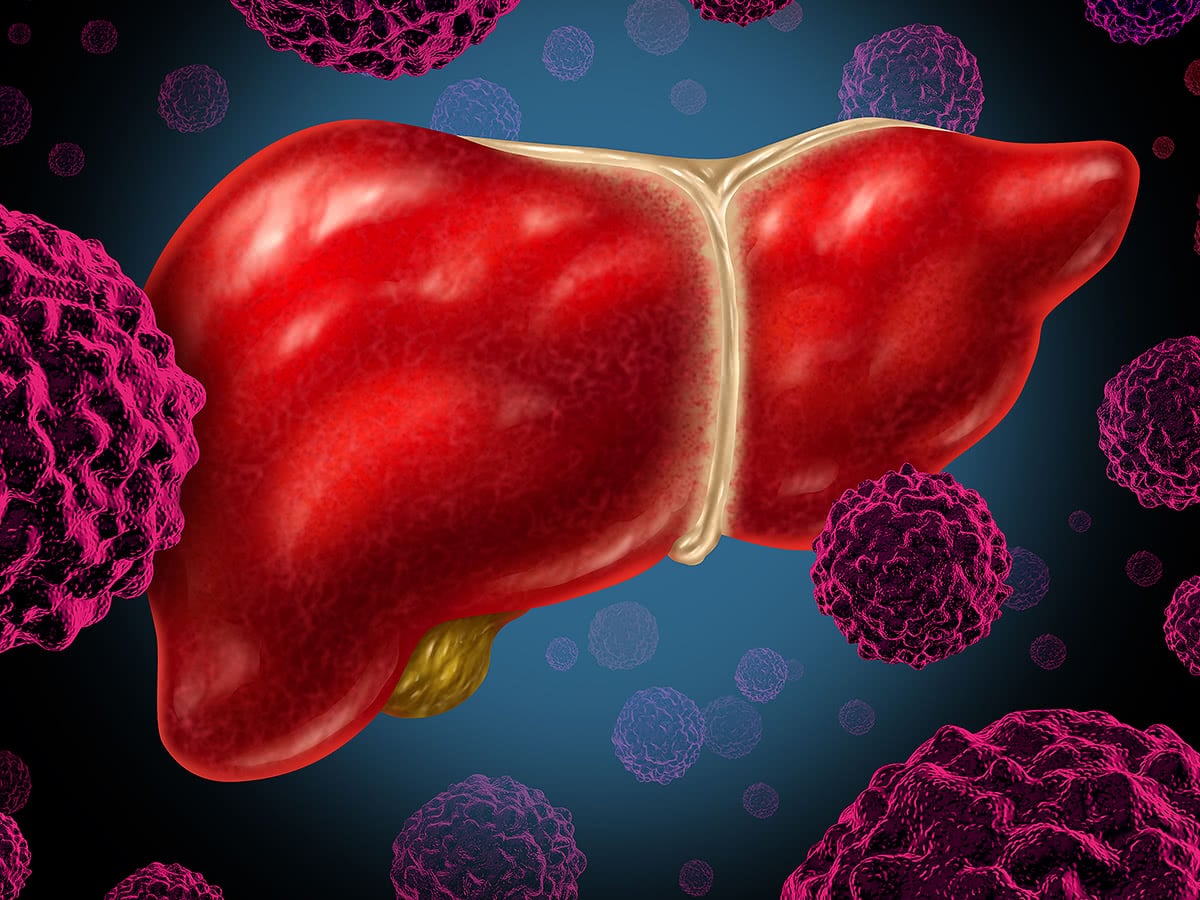Introduction
- Cancerous tumours in the liver can arise from the liver or spread from other primary cancers such as colon and rectal cancer.
- Outcomes of patients with colon cancer spread to the liver have improved dramatically in recent years with surgery and chemotherapy.
- Colon cancer that has spread to the liver can be present in the liver at the time of bowel surgery but can develop later during follow up tests and imaging.
- These tests include blood test called CEA (carcinoembryonic antigen), CT Scans, MRI or PET Scans.
Causes
A malignant tumour is the most common indication for a liver resection. Based on the origin, tumours in the liver are categorized into:
Primary tumours
Originate within the liver: examples are Hepatocellular Carcinoma (HCC), which forms in the liver cells themselves, is the most common type of primary liver cancer in adults, and is the most common cause of death in people with cirrhosis or Cholangiocarcinoma.
- HCC: Liver cirrhosis is the most common cause of HCC. The causes of liver cirrhosis are mainly viral hepatitis B and C, NASH cirrhosis and metabolic syndrome and also haemochromatosis are other causes.
- Cholangiocarcinoma which forms in the bile duct system of the liver. It is a form of adenocarcinoma that tends to obstruct the bile duct system causing jaundice.
Metastatic tumours
Originate in some other organ and migrate to the liver, through the bloodstream. Colon cancer is the most common cause of metastases to the liver.
Symptoms
- Asymptomatic but history of colon or rectal cancer or viral hepatitis B or C or cirrhosis (in cases of primary liver cancers) or history of primary cancer elsewhere in the body.
- Right upper abdominal pain.
- Nausea and vomiting.
- Jaundice and liver failure sometimes.
- If the lesion ruptures, this might manifest as acute haemorrhage and shock.
Diagnosis
Your surgeon will discuss the diagnosis in detail with you:
- Full blood count, liver function tests and tumour markers.
- Ultrasound, CT scan or MRI of the abdomen, chest and pelvis may help finalize the diagnosis.
- PET scan is particularly useful in colorectal liver metastasis to rule out any tumour spread outside liver and colon.
- Endoscopic Ultrasound or CT guided biopsy in some cases.





